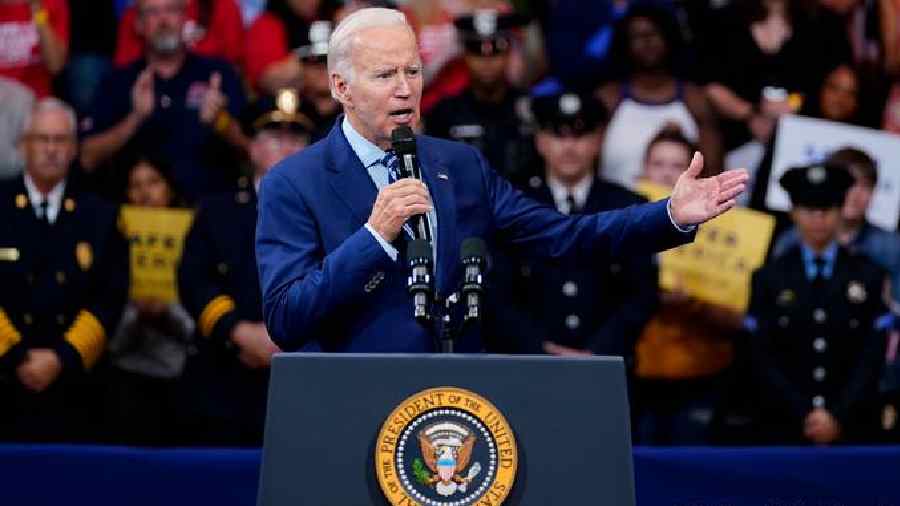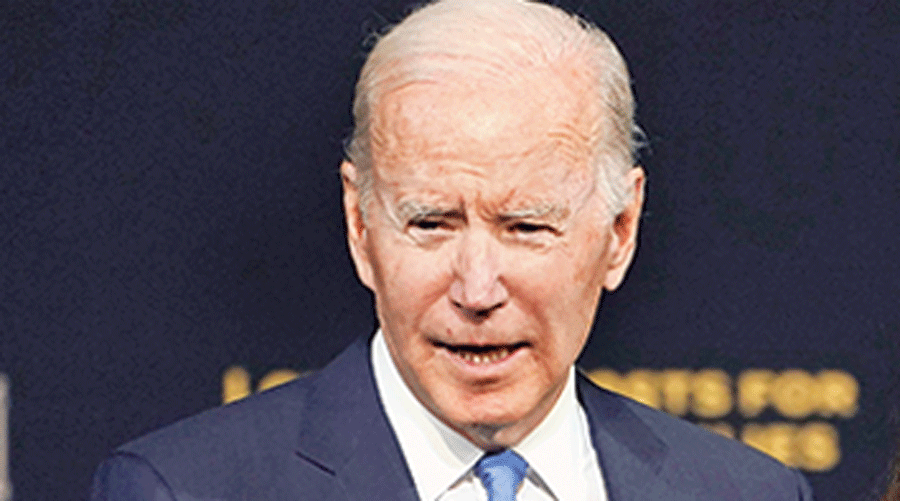In the key swing state of Pennsylvania, US President Joe Biden took on the contentious issue of gun regulation on Tuesday.
Biden, on the first of multiple visits to the state ahead of the Congress midterm elections, promoted his Safer America Plan and called out Republicans for blocking gun reforms.
"I'm determined to ban assault weapons in this country. Determined. I did it once before and I'll do it again," Biden said.
The US president was referring to the key role he played as a senator in the 1990s in temporarily banning assault-style weapons.
The ban then included weapons like the AR-15, which has been the weapon of choice in recent incidents of mass shooting — including the shooting at Robb Elementary School in Uvalde, Texas, in May that killed 19 students and two teachers.
Biden said that there is no need for such weapons "outside of a war zone" and stated his will to "keep dangerous firearms out of dangerous hands."
Plan to address crime
Biden's visit to Pennsylvania comes just days before a planned rally by Donald Trump in the state on Saturday.
The president touted his administration's crime-prevention efforts and turned the tables on Republicans who have accused Democrats of wanting to defund the police.
Biden's $37-billion (€37 billion) plan to address crime and improve law enforcement resources includes $13 billion to hire and train 100,000 police officers. Another $3 billion is earmarked to clear court backlogs, especially cases involving murders and guns.
And $5 billion has been allocated to support programs that could help stop violence before it occurs.
At the same time, Biden also urged more accountability for officers.
In Pennsylvania, Biden denounced the attacks on the FBI, especially by Republicans, following the raid at Trump's Florida residence, when agents removed what prosecutors described as 11 sets of classified documents, including some marked top secret, as part of a criminal investigation.
Earlier gun safety package
In June, the bipartisan gun safety package Biden signed into law, broke a decades-long stalemate on firearms control.
It included enhanced background checks for younger buyers and incentives for states to pass "red flag" laws that allow groups to petition courts to temporarily remove weapons from those deemed a threat to themselves or others.
Only 14 Republicans had crossed over to approve the package then.
The NRA had said at the time that the legislation "undermines Second Amendment freedom."












